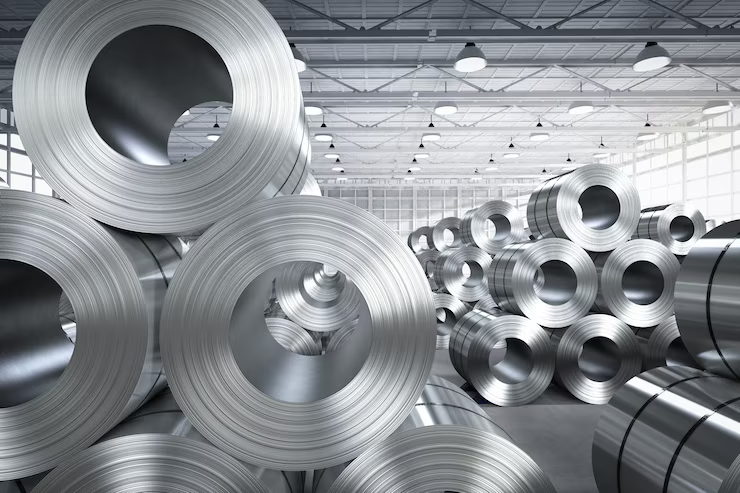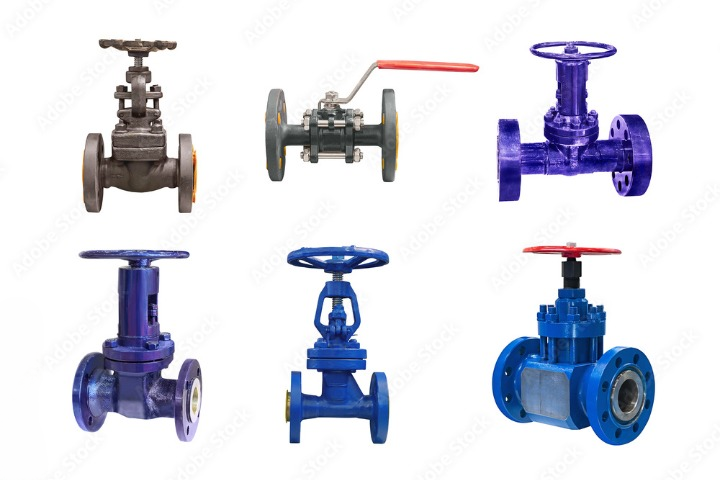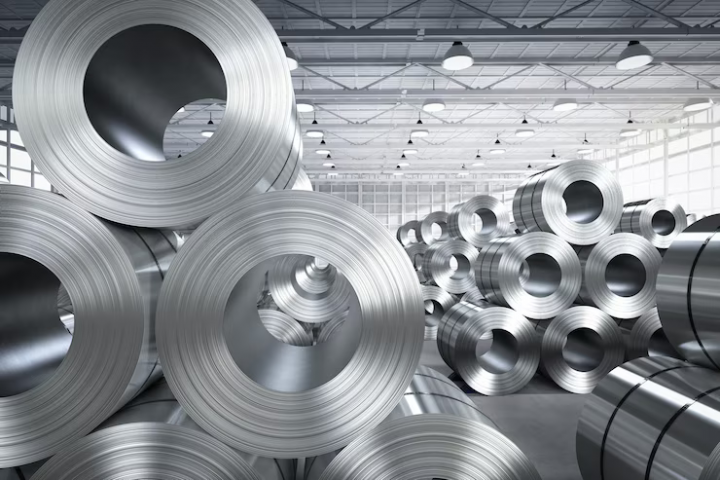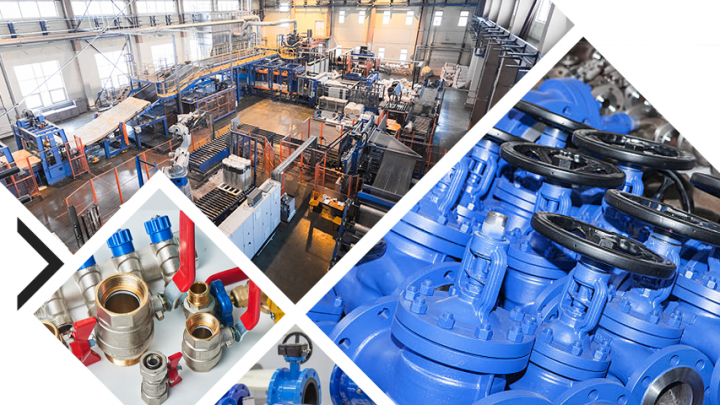Introduction
In the world of industrial applications, selecting the right materials is paramount to ensuring the success and longevity of any project. When it comes to industrial tubes, the choice of steel alloy plays a crucial role in determining the tube’s performance, durability, and resistance to various environmental factors. This blog aims to guide you through the process of choosing the right steel alloy for your industrial tube needs, considering factors such as strength requirements, corrosion resistance, and cost-effectiveness.
Understanding Steel Alloys
Steel, an alloy primarily composed of iron and carbon, is known for its strength and versatility. However, different steel alloys incorporate various additional elements to enhance specific properties. For industrial tubes, the most common alloying elements include chromium, nickel, molybdenum, and manganese. Each alloy provides distinct advantages, making them suitable for specific applications.
Factors to Consider
1. Strength Requirements:
The first consideration when choosing a steel alloy for industrial tubes is the strength requirements of your application. Different projects demand varying levels of tensile and yield strength. High-strength alloys such as stainless steel and alloy steels are often preferred for applications where the tubes will be subjected to heavy loads or extreme conditions. On the other hand, carbon steels may suffice for less demanding applications.
2. Corrosion Resistance:
Corrosion is a significant concern in many industrial environments, particularly those involving exposure to moisture, chemicals, or harsh weather conditions. Stainless steels, which contain chromium, are renowned for their exceptional corrosion resistance. These alloys form a protective oxide layer that acts as a barrier against rust and other corrosive elements. Consider the level of corrosion resistance required for your specific application to ensure the longevity of your industrial tubes.
3. Temperature and Environmental Factors:
Industrial tubes may operate in environments with extreme temperatures, ranging from freezing cold to scorching heat. In such cases, it’s crucial to select a steel alloy that can withstand these temperature variations without compromising its structural integrity. Alloy steels and stainless steels, with their heat-resistant properties, are often preferred for applications involving elevated temperatures.
4. Cost-effectiveness:
While performance is paramount, the cost of materials cannot be ignored. Finding a balance between quality and cost is essential when selecting a steel alloy for your industrial tubes. Consider the overall lifecycle costs, including maintenance and potential downtime, to determine the most cost-effective solution for your specific application.
Common Steel Alloys for Industrial Tubes
1. Carbon Steel:
Carbon steel is a popular choice for industrial tubes due to its affordability and versatility. It is suitable for applications where high strength and corrosion resistance are not primary concerns. Carbon steel tubes are commonly used in construction, transportation, and infrastructure projects.
2. Stainless Steel:
Stainless steel, with its corrosion-resistant properties, is ideal for applications where exposure to moisture or aggressive chemicals is a concern. The addition of chromium forms a protective layer that prevents rust and corrosion. Stainless steel tubes are commonly used in the chemical industry, food processing, and marine applications.
3. Alloy Steel:
Alloy steels are alloyed with various elements such as manganese, nickel, and molybdenum to enhance their mechanical properties. These steels offer improved strength, hardness, and wear resistance. Alloy steel tubes are often used in applications requiring high tensile strength, such as aerospace, automotive, and oil and gas industries.
4. Duplex Stainless Steel:
Duplex stainless steels combine the benefits of austenitic and ferritic stainless steels, offering high strength and excellent corrosion resistance. These alloys are well-suited for applications in chemical processing, oil and gas, and desalination plants.
5. Inconel Alloys:
Inconel alloys, known for their excellent heat and corrosion resistance, are commonly used in high-temperature and corrosive environments. These alloys are prevalent in aerospace, chemical processing, and nuclear industries.
Conclusion
In conclusion, the importance of selecting the right steel alloy for your industrial tube needs cannot be overstated. This decision directly influences the overall performance, durability, and cost-effectiveness of your project. Whether your application requires the affordability and versatility of carbon steel, the corrosion resistance of stainless steel, the enhanced mechanical properties of alloy steel, or the specialized features of duplex stainless steel and Inconel alloys, thoughtful consideration of your project’s specific requirements is essential.
To facilitate the process of acquiring high-quality steel alloys for your industrial tubes, consider partnering with reliable manufacturers and suppliers. Enggpro, a trusted platform connecting buyers with verified engineering product suppliers, can be a valuable resource in your quest for the right steel alloy. By leveraging Enggpro’s network, you can find reputable alloy steel manufacturers and suppliers, ensuring that your project benefits from top-notch materials and expertise.
Remember, the success of your industrial project hinges on the meticulous selection of materials, and with Enggpro, you can streamline the procurement process, gaining access to a comprehensive range of alloy steel options. Make informed decisions, prioritize performance and longevity, and let Enggpro be your trusted partner in sourcing the perfect steel alloy for your industrial tube needs.



